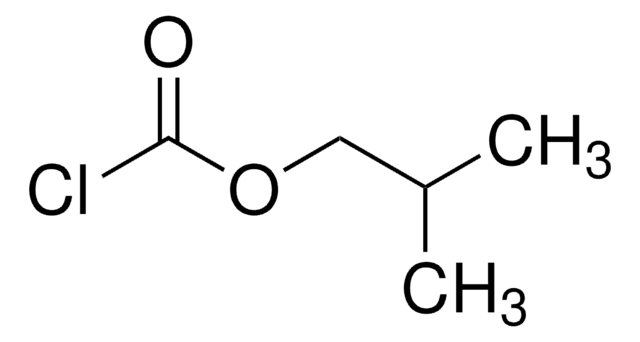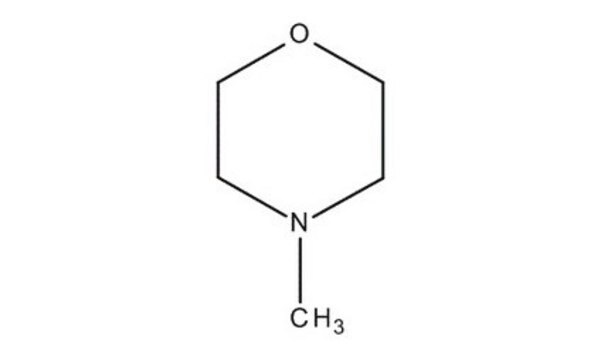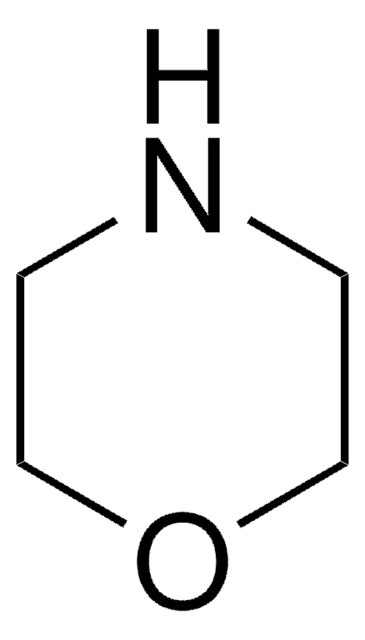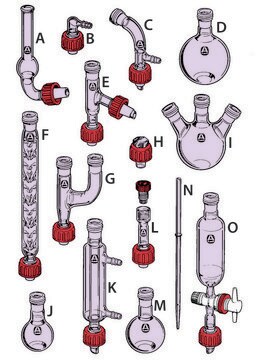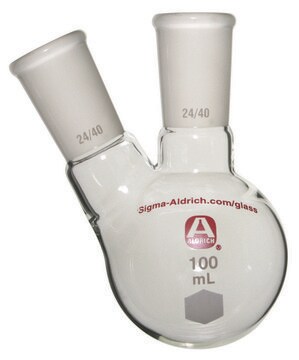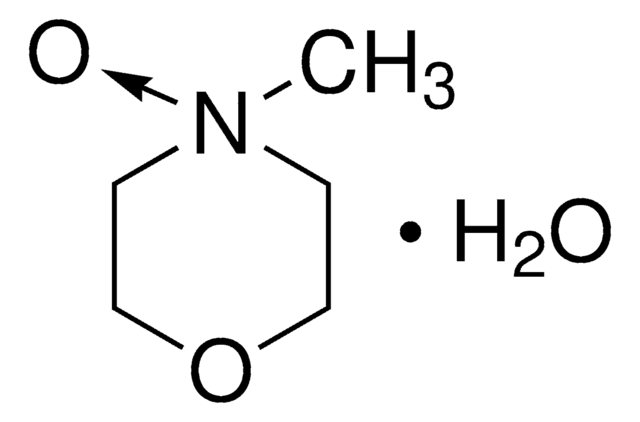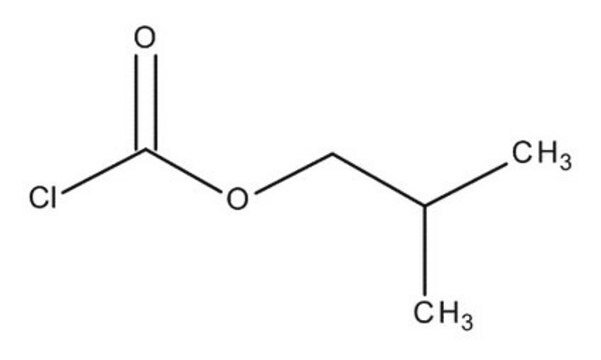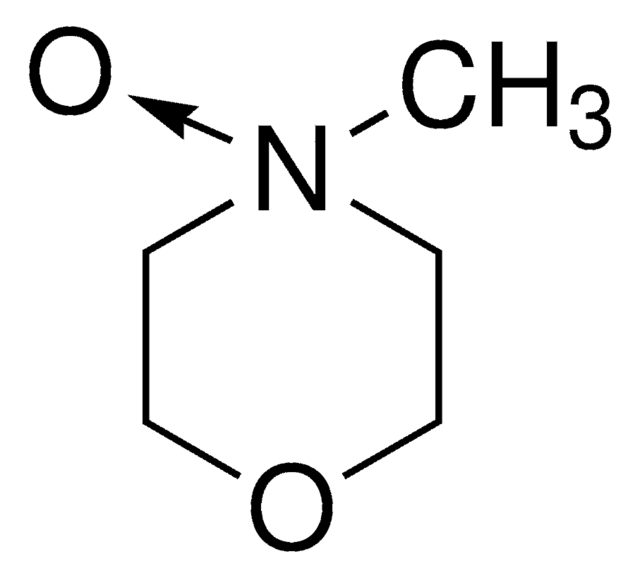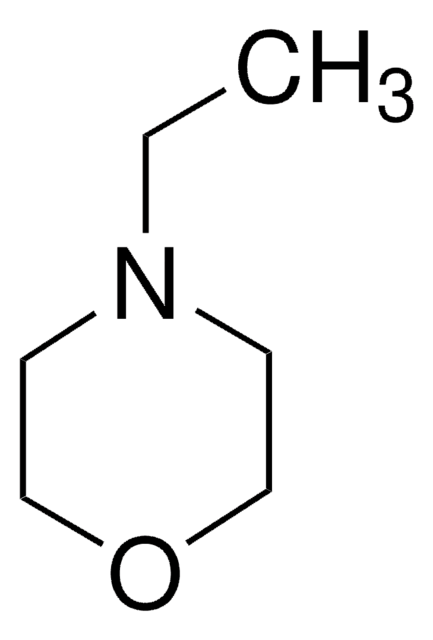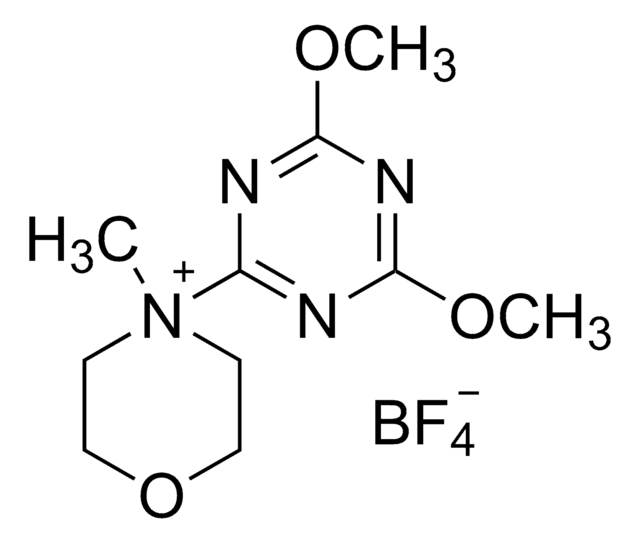407704
4-Methylmorpholine
purified by redistillation, ≥99.5%
Synonym(s):
NMM
About This Item
Recommended Products
vapor density
>1 (vs air)
Quality Level
vapor pressure
18 mmHg ( 20 °C)
Assay
≥99.5%
form
liquid
purified by
glass distillation
redistillation
refractive index
n20/D 1.435 (lit.)
pH
10.6 (20 °C, 50 g/L)
bp
115-116 °C/750 mmHg (lit.)
mp
−66 °C (lit.)
density
0.92 g/mL at 25 °C (lit.)
functional group
ether
SMILES string
CN1CCOCC1
InChI
1S/C5H11NO/c1-6-2-4-7-5-3-6/h2-5H2,1H3
InChI key
SJRJJKPEHAURKC-UHFFFAOYSA-N
Looking for similar products? Visit Product Comparison Guide
Related Categories
General description
Application
Signal Word
Danger
Hazard Statements
Precautionary Statements
Hazard Classifications
Acute Tox. 4 Oral - Eye Dam. 1 - Flam. Liq. 2 - Skin Corr. 1B
Storage Class Code
3 - Flammable liquids
WGK
WGK 1
Flash Point(F)
53.6 °F - closed cup - DIN 51755 Part 1
Flash Point(C)
12 °C - closed cup - DIN 51755 Part 1
Personal Protective Equipment
Regulatory Listings
Regulatory Listings are mainly provided for chemical products. Only limited information can be provided here for non-chemical products. No entry means none of the components are listed. It is the user’s obligation to ensure the safe and legal use of the product.
FSL
Group 4: Flammable liquids
Type 1 petroleums
Hazardous rank II
Water soluble liquid
ISHL Indicated Name
Substances Subject to be Indicated Names
ISHL Notified Names
Substances Subject to be Notified Names
JAN Code
407704-100ML:
407704-800ML:
407704-1L:
407704-VAR:
407704-BULK:
Choose from one of the most recent versions:
Already Own This Product?
Find documentation for the products that you have recently purchased in the Document Library.
Customers Also Viewed
Our team of scientists has experience in all areas of research including Life Science, Material Science, Chemical Synthesis, Chromatography, Analytical and many others.
Contact Technical Service
